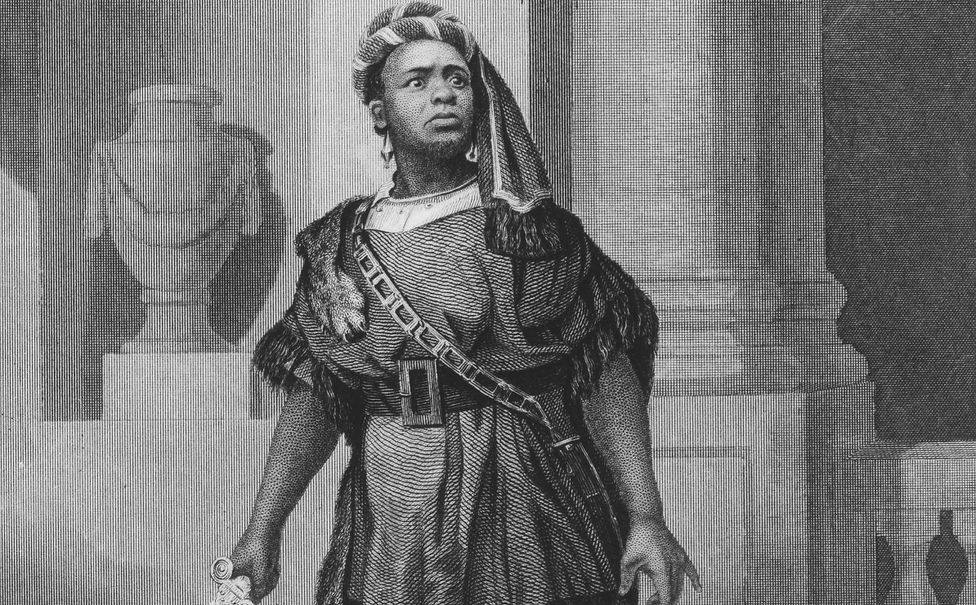
Ira Aldridge as Titus Andronius
Schomburg Collection
AFRICAN GROVE THEATRE
1821-1823 | Prince & Mercer Streets
The African Grove Theatre was the first theater to produce dramatic works for and by blacks.
The African Grove Theatre was founded in 1821 by William Henry Brown and James Hewlett, two black ship stewards. The theater was located near Prince and Mercer Streets in lower Manhattan and presented readings, poetry, music and dramatic interludes. Initially, the African Grove was a gathering place for blacks to congregate, eat and watch performances on Sunday afternoons after church. The presentations were so successful that Brown extended the performance days to the week.
One of the African Grove’s favorite productions was Shakespeare’s Richard III. In the early 1990s Washington, D.C.’s Arena Stage commemorated their efforts with a brilliant play called The African Diaspora Presents Richard III.
While Brown built the theater and hired black performers to present plays to a primarily black audience, white patrons, curious to see black artists performing Shakespeare, began to come to the theater as well. These white audiences often reacted to the performances negatively, sometimes interrupting in outrage. In the press, white critics denigrated the performers and wrote malicious reviews of the theater’s work.
Due to devastating attacks from the New York City Press, the city’s police department (which was known to arrest actors during performances), and outraged white patrons the African Grove Theatre was forced to close after two years.
Known as “the first professional black theater company in America,” the African Grove Theatre has not been forgotten, largely because of the fame of its most famous actor, Ira Aldridge, who left the United States for Europe where he became renowned for his portrayals of Othello, King Lear, Macbeth and Shylock. Aldridge eventually received the accolades from the theater that he so rightfully deserved, and emerged as one of the most celebrated Shakespearean actors.
Harlem theater owes Brown, Hewlett, Aldridge and the rest of the African Grove artists an immense debt.
